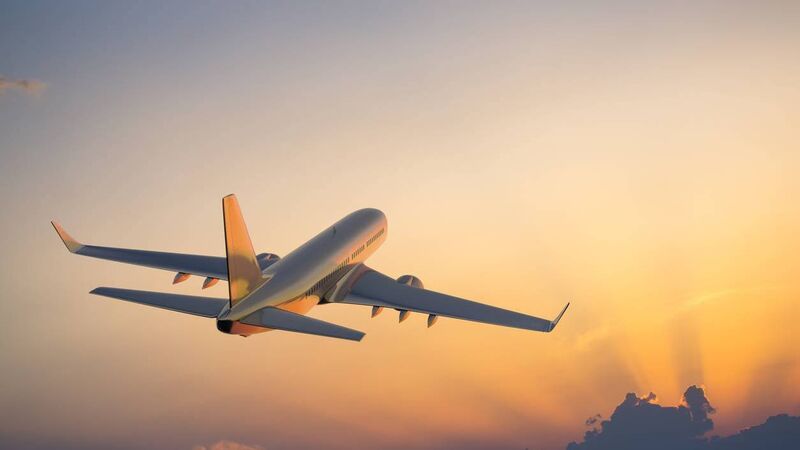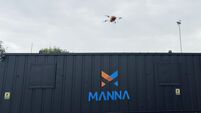Global aviation sector may never recover lost covid growth – PwC

Airlines who are members of the International Air Transport Association flew 4.89 billion passengers in 2024, an increase of 10.2%.
There is an optimistic outlook for the global aviation sector going into 2025 following a year that surpassed expectations but it is ‘unlikely’ the lost growth in passenger numbers from over the pandemic will ever be recovered, a new report by consultancy firm PwC has said.
This report comes as global aviation finance firms — who own more than half of the global passenger fleet — meet in Dublin this week for their annual flagship conference, Growth Frontiers Global. In addition, daa is set to publish data on the 2024 performance of Dublin and Cork Airports on Tuesday.















